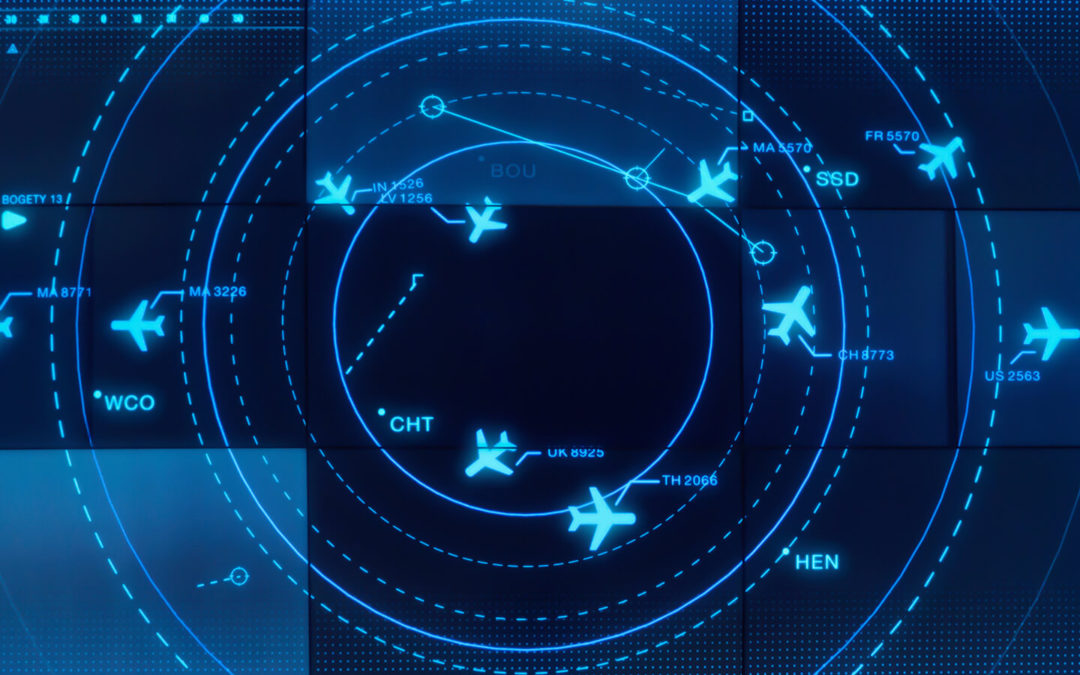
by Eric Price | Jul 31, 2023 | Front Page, MNPL, Other News, Perusals, Recent News, Row 2
FAA Reauthorization Act Receives Broad Support in House IAM141.org July 31, 2023 The IAM applauded the passage of the Federal Aviation Administration (FAA) Reauthorization Act of 2023 in the House of Representatives. This month, the House of Representatives approved...
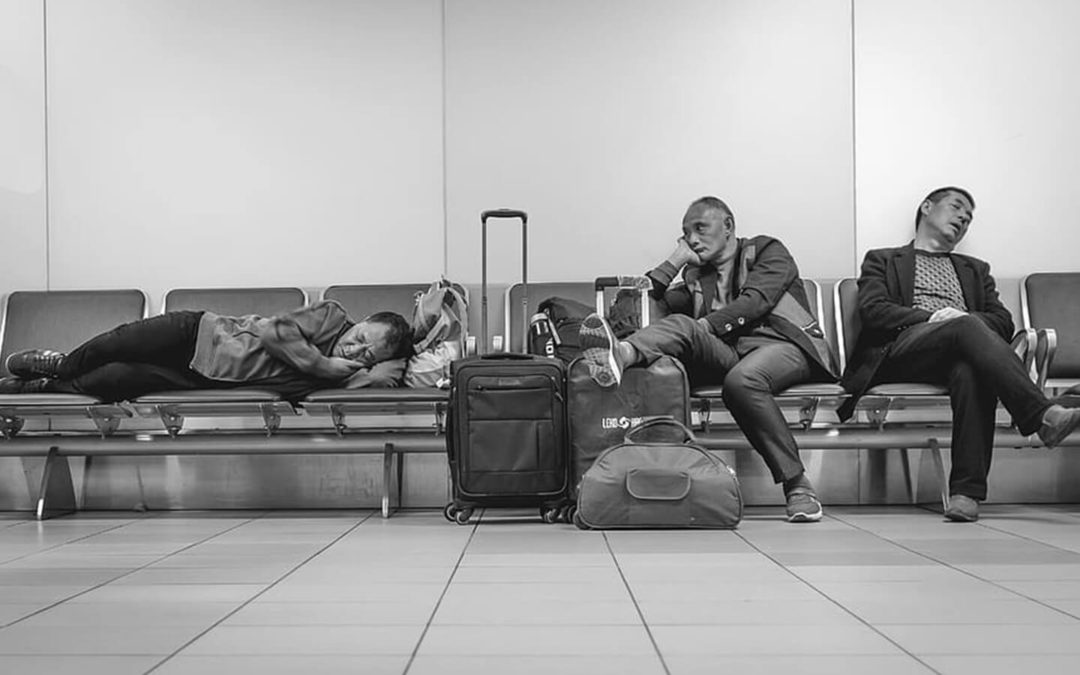
by Eric Price | Jun 28, 2023 | Front Page, MNPL, Other News, Recent News, United
The Perfect Storm: How Weather and Staffing Woes Are Disrupting US Airlines IAM141.org June 28, 2023 The past week saw a surge of US airline passengers left high and dry as extreme weather caused a multitude of grounded planes and flight cancellations. However, the...
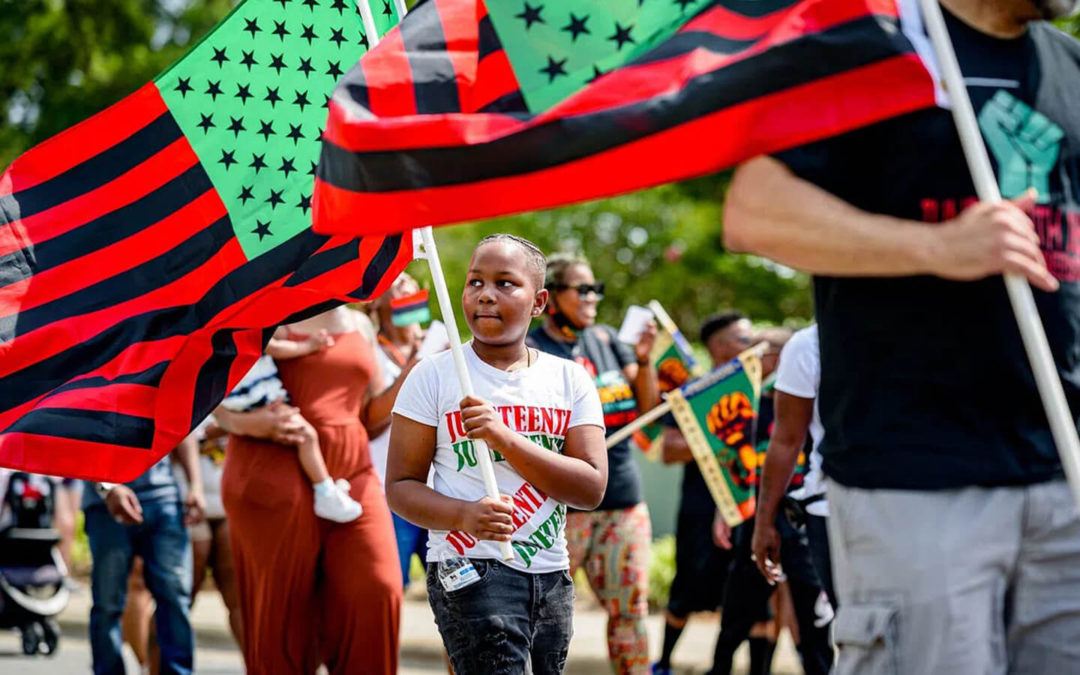
by Eric Price | Jun 19, 2023 | Front Page, MNPL, Other News, Recent News, Row 2
Juneteenth: The Fight Continues for Racial and Economic Equality IAM141.org June 19, 2023 “Our union has recognized the importance of racial justice in and outside of the workplace over the years.”-Machinists Union International President, Robert Martinez...
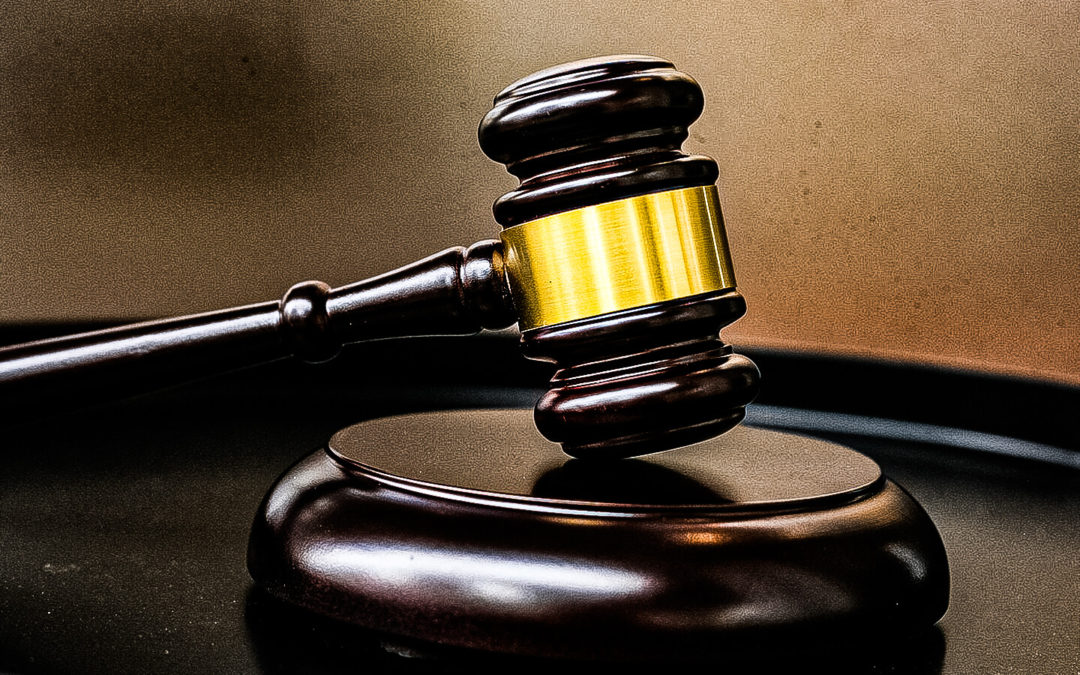
by Eric Price | Jun 14, 2023 | Front Page, MNPL, Other News, Row 2
Controversy as Airline Workers Lose Critical Protections IAM141.org June 14, 2023 How a Court Ruling Undermines Massachusetts Sick Leave Law for Airline Workers New details are emerging in the struggle to preserve aspects of the Massachusetts Sick Leave law that would...
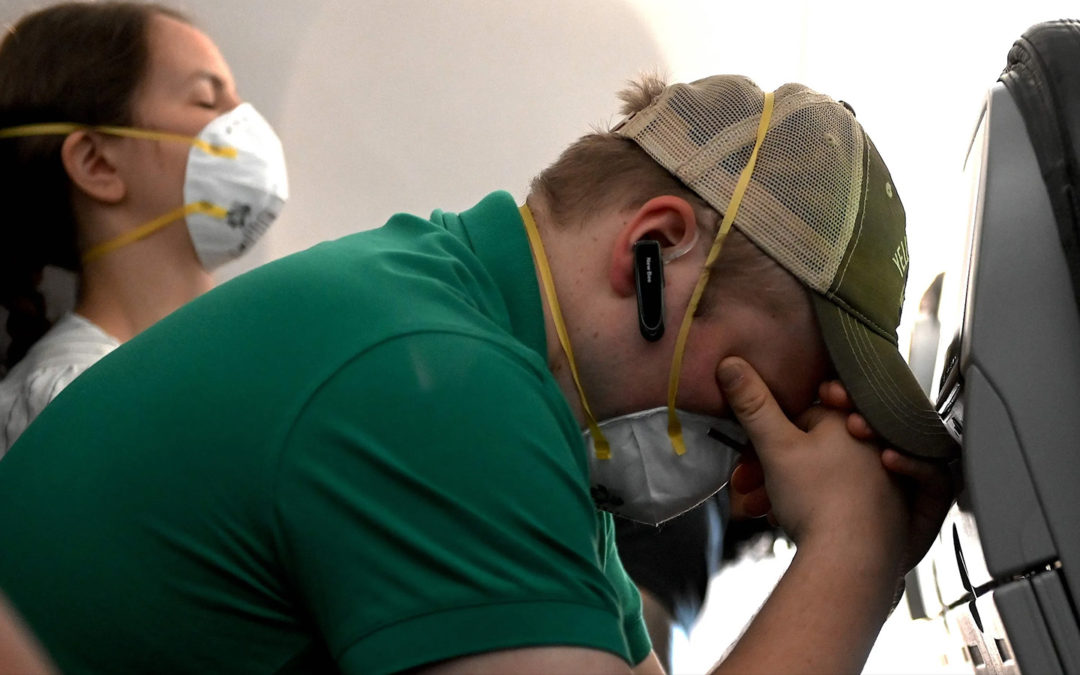
by Eric Price | Jun 5, 2023 | COVID, Front Page, MNPL, Other News, Row 2, Safety
Corporate Judge Blocks Paid Sick Leave Law IAM141.org June 5, 2023 Federal Judge Strikes Down Massachusetts’ Paid Sick Leave Law for Airline Workers, Leaving Thousands of Workers Without a Vital Benefit A federal judge has ruled in favor of a group of major airlines,...

by Eric Price | May 29, 2023 | Front Page, MNPL, Other News, Row 2, Work Rules: Labor Struggles in the Modern Age
Dragonomics: Unmasking the Dragon of Inequality IAM141.org May 29, 2023 When a provocative question posed in a viral social media post recently caught the public’s attention, it sparked a broader conversation on wealth distribution. The question was simple yet...







